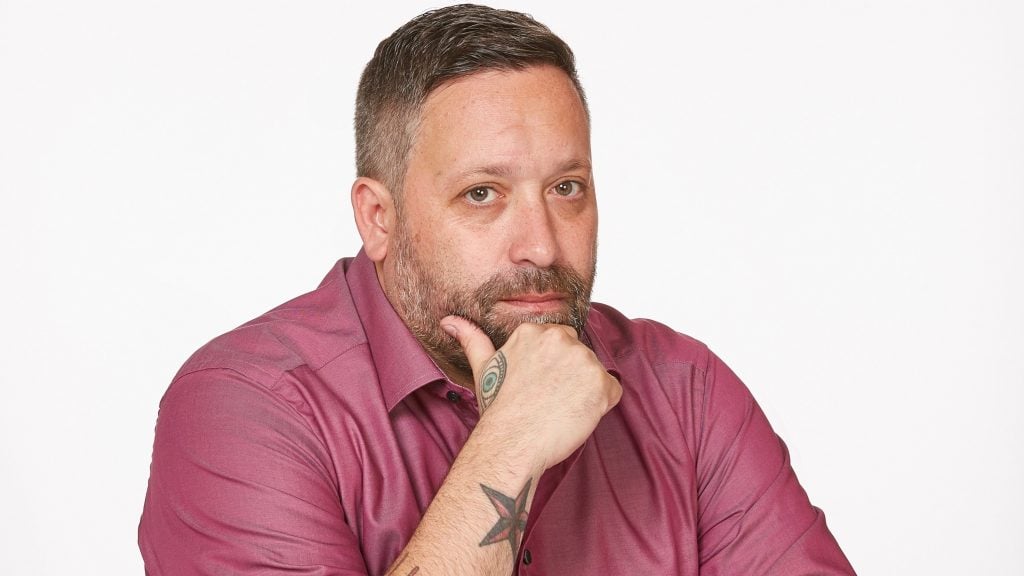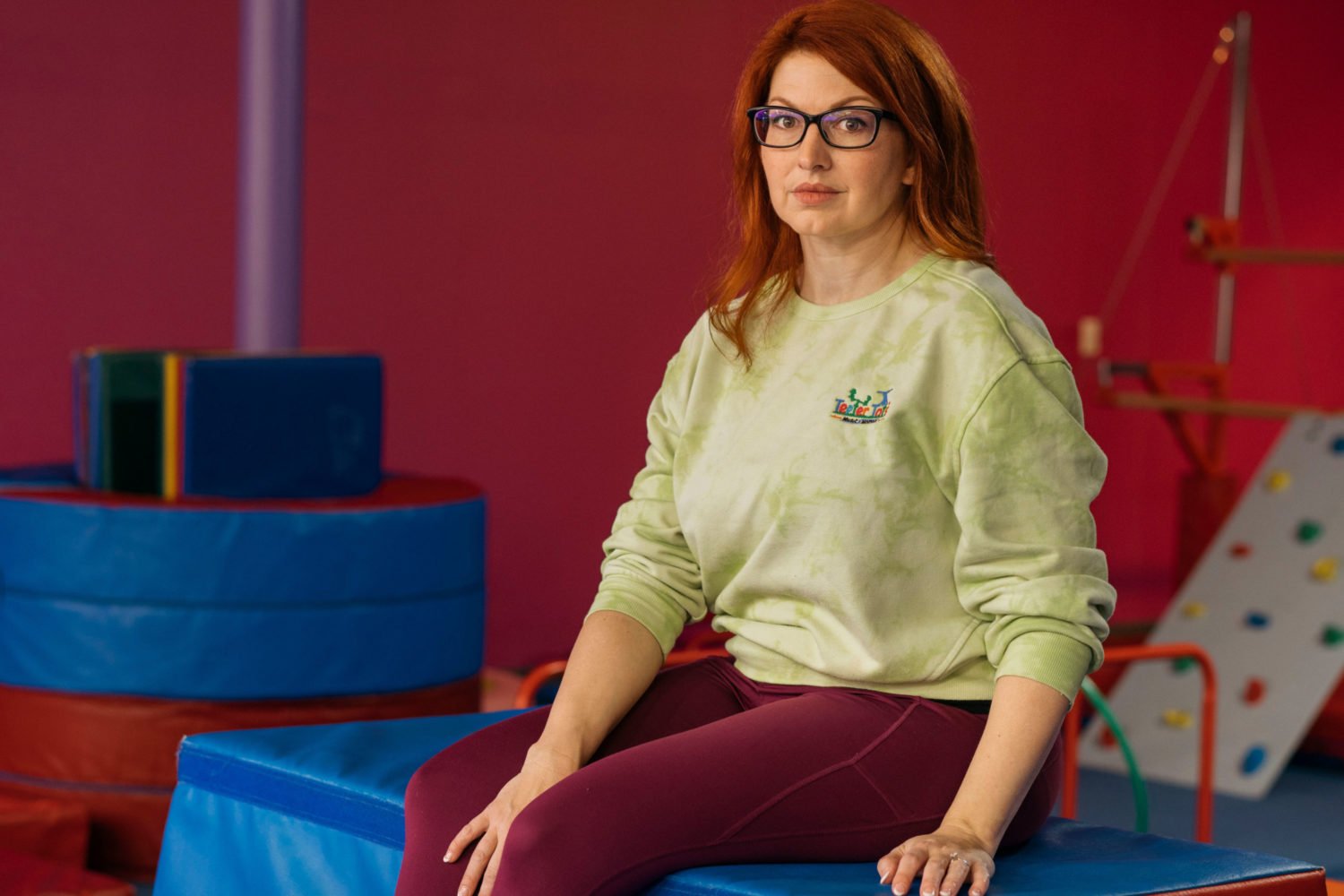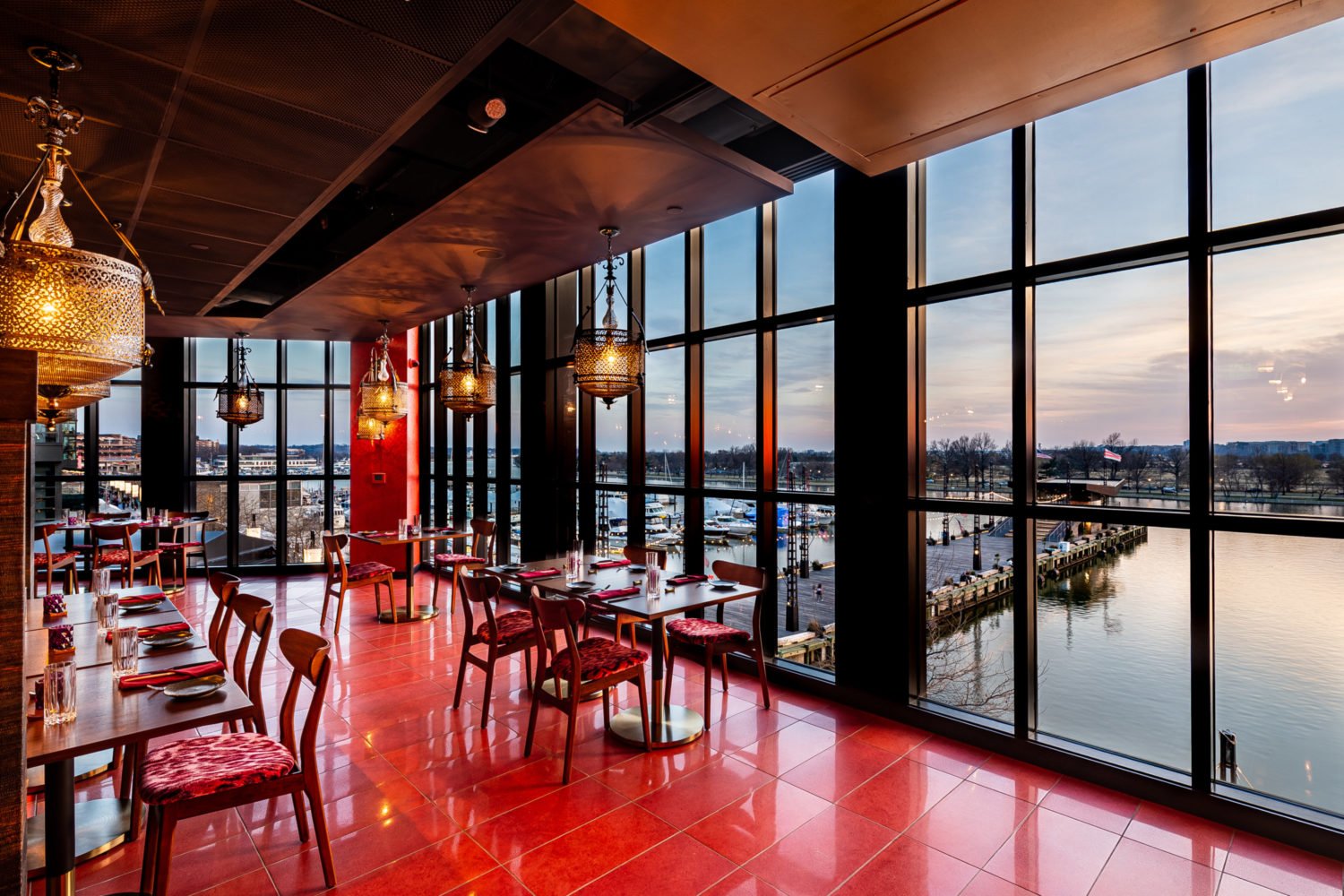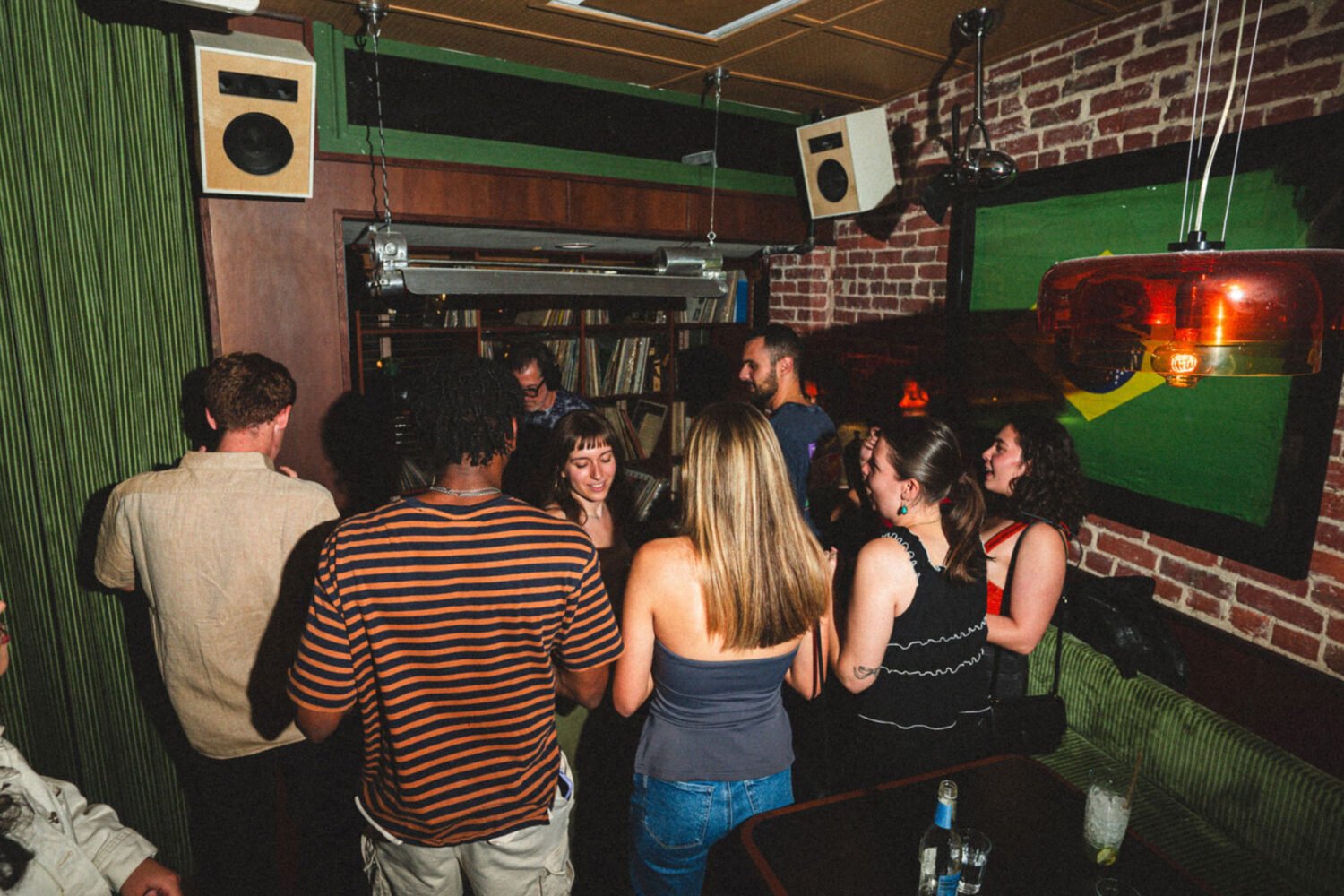In an expanded lawsuit, the former operations director accusing Mike Isabella and his business partners of sexual harassment claims the restaurateur used nondisclosure agreements to silence employees. Chloe Caras, who also alleges she was fired after pushing back against a sexual comment from Isabella, is now seeking to void the agreements so others can come forward with their own stories, as the Washington Post first reported.
In the NDA, Mike Isabella Concepts prohibits employees from sharing “details of the personal and business lives of Mike Isabella, his family members, friends, business associates and dealings.” Breach of the lifetime contract comes with a $500,000 penalty. Debra Katz, Caras’s attorney, says everyone from managers to dishwashers signed NDAs dating back to 2011, when Isabella opened his first restaurant, Graffiato.
“I’ve never seen anything like this, and I’ve done this work for three decades,” Katz told Washingtonian. “This is just an across-the-board effort to force people to shut up and never speak about these issues.”
Isabella, meanwhile, has disputed the sexual harassment allegations and claims the NDAs weren’t nefarious. In a statement to the Post, he said they were established to “prevent any news about our restaurant openings from leaking to press before we were ready to announce it.”
But how common are NDAs in restaurants? And how unusual is the one that Isabella’s employees signed?
Local restaurant attorney Scott Rome, who’s unaffiliated with the Isabella case, says NDAs aren’t all that uncommon for chain restaurants (they’re rarer for one-off spots), but they’re typically used to protect trade secrets, not the broad personal lives and dealings of the owners.
“What they often want to do is protect their training methods or their sales methods. They don’t want you to learn it all and take it to another restaurant,” Rome says. “But when you’re doing a broad NDA that covers more than just trade secrets, you run a big risk that it’s not enforceable, so we always advise our clients to tailor it as much as possible.”
Katz says she’s also seen restaurant NDAs used to prevent staff from discussing customers and their conversations, but that the Isabella contract is overly broad.
New York-based intellectual property lawyer Sam P. Israel—who’s unaffiliated with the Isabella case but reviewed Isabella’s NDA at Washingtonian’s request—says a few provisions are particularly unusual.
For starters, he says the $500,000 liquidated damages clause is “very draconian” in this context. While such a big penalty might make sense for a company protecting the intellectual property on some cutting edge technology, “courts look to see whether they’re reasonable,” Israel says. “If it’s something like this, there’s a good chance it wouldn’t be enforceable because it’s not reasonable.”
The fact that the NDA covers the personal life of Isabella and his friends and family is also unusual, Israel says. “In and of itself, it suggests that something’s very wrong. It’s almost like it creates a presumption that there’s something this guy is doing that he shouldn’t be doing. It’s very bizarre,” he says.
Thanks to the #MeToo movement, Israel says it’s a “newly emergent phenomenon” that we’re hearing about businesses using nondisclosures to hush-up alleged misconduct. (Just look at Harvey Weinstein.) In his view, though, there’s a good chance that such NDAs would be void because the behavior they’re looking to shield is something that’s already addressed by law. “You can’t waive away your rights under a federal statute,” he says.
Katz also points out that Isabella’s NDA doesn’t tell employees that they always have the right to go to law enforcement, the Equal Employment Opportunity Commission, the National Labor Relations Board, or other agencies to report misconduct.
“Unfortunately, since we initially filed suit, we’ve heard from employees, a number of people have incorrectly understood this provision to mean that they couldn’t even file their own complaints when they felt that they suffered workplace illegalities,” Katz says.
Still, Isarael says a couple factors could affect the outcome of a ruling on the Isabella NDAs, such as the philosophical and political orientation of the judge. “A lot of it will have to do with that,” Israel says. “This is just the way our system works these days.”
Israel isn’t aware of any court rulings that specifically address NDAs being used to suppress reports of sexual harassment. In that regard, depending on the timing, the outcome of the Isabella case may have a bigger ripple effect.
“They’ve got a really good chance of having the thing declared void,” Israel says. “And if that’s the case, that will be good precedent for other people, and it will perhaps stop employers from even trying to go this route.”

















